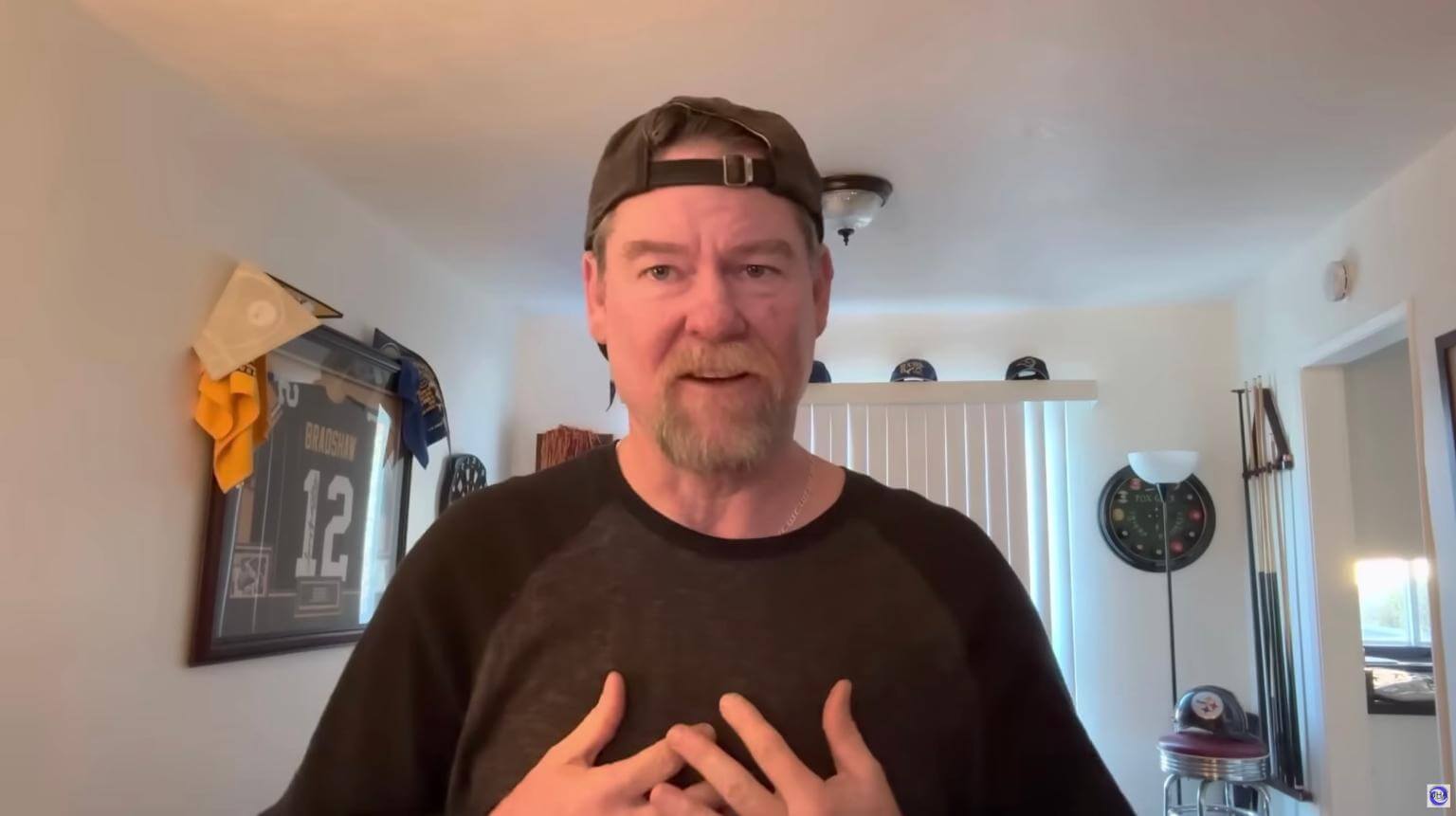Squatting remains a vexing problem for property owners

When his father died and his mother could no longer live in the family home, Flash Shelton was tasked with renting out the property. A major impediment was that the home was already occupied by unwanted guests. The Nevada handyman set off on the long drive to Northern California to discover a house full of furniture, and accounts by neighbors and Realtors that the home was a beehive of activity with people coming and going.
After signing an ironclad lease with his mother entitling him to be the lawful occupant of the property, Flash Shelton was able to escort the squatters out and his story went viral.
Can the occupant make the claim that he or she is legally entitled to be on the premises?
There are shocking instances reported of people helping themselves to a home that doesn't belong to them, and this is clearly the case that Flash encountered. No money exchanged hands and there was no rental agreement.
Commonly, however, an occupant is not a "squatter" but makes an argument that they are legitimately entitled to live in the rental unit. Take, for example, the unfortunate event when a property owner's son passed away. They discovered that their late son rented the property to an individual who refused to leave. The owners resorted to heavy-handed tactics like shutting off utilities. In this case, Daniel told MarketWatch that the owners can face liability if a tenancy was established.
![]()
Read the article: Our late son rented out a house we own without our knowledge. After his funeral, the tenant refused to leave and is squatting on our property. What should we do?
The police often don't want to be bothered.
When squatting is discovered, frustrated property owners may find that the police dismiss it as a civil matter and tell the owner to sort it out in court.
Squatters have become increasingly sophisticated in producing fake leases, utility bills, and creative reasons why they are entitled to stay. The owner and their agents know this is bogus, but law enforcement face their own liability if they are over aggressive with squatters and displace someone who has a legal reason to occupy the premises.
The squatters' rights movement is aided by groups that educate would-be trespassers on how to take over a building and even publish a list of empty and abandoned buildings.
The problem is so pervasive Eddie Murphy did a skit on squatter rights in his return debut to SNL, although many owners will not find it so amusing.
What about changing locks?
If no tenancy has been established, housing providers can change the locks and sometimes we are in favor of doing so if it can be done safely. Keep in mind that changing locks can be violative of the law, and so this decision should not be taken lightly.
We'll have to ascertain how long the person has been staying in the property and why. For example, if a random unhoused person has been lingering in a building for a day or two and has no theory for why he or she should be in possession of the unit, it may be prudent to change locks.
Contrast this with a resident who has been renting a unit for two years and the master tenant left because he landed a new job in New York. See the difference?
The legal path to evicting a squatter
Our community is well aware of what an unlawful detainer is - it's the trade word for eviction. The tenant is unlawfully detaining possession of the premises.
A "forcible detainer" is a similar creature - it is still an eviction and the outcome is the same, but a forcible detainer is the terminology we use when there is no tenancy. There was no lease, no security deposit, no rent paid. The person lingering in the unit is essentially a trespasser.
With the assistance of Bornstein Law, owners can serve a notice to vacate, including any does when the squatter’s name is unknown, and if the unwanted occupant(s) fail to vacate, then we've perfected our right to file the forcible detainer.
What we see quite a bit of is adult children being welcomed into the home because of love and because the adult hasn't gotten his or her life together, then dysfunction arises within the household.
![]()
A word about family members or caregivers
Sometimes, a family member, friend, or caregiver is given limited permission to stay and they just overwarm their welcome. Our office can help determine whether or not the occupant is a tenant or merely a licensee.
An easy example is when you invite friends over to watch the San Francisco 49ers play the Kansas City Chiefs in the Super Bowl. After indulging in food and drinks and the game ends with the disappointment of the 49ers losing, it is time for the guests to leave - the host can rescind the license to stay. The Super Bowl party goers cannot stay as long as they want and certainly are unable to invoke tenant protections afforded under state and local rules.

Contact the firm built for rental property owners
Landlord-tenant law is very nuanced, and sometimes this term is a misnomer because there is no tenant at all, but a squatter with no rental relationship. Bornstein Law can assist in removing parasitic occupants and removing the stress that comes with people overtaking your property.
